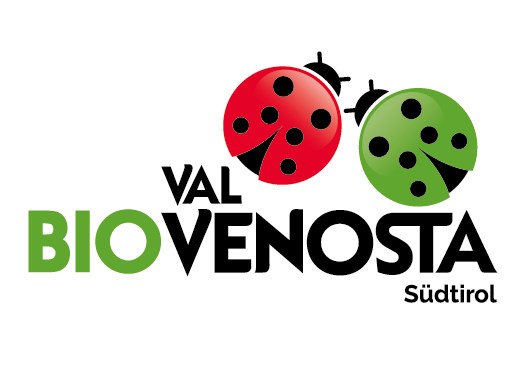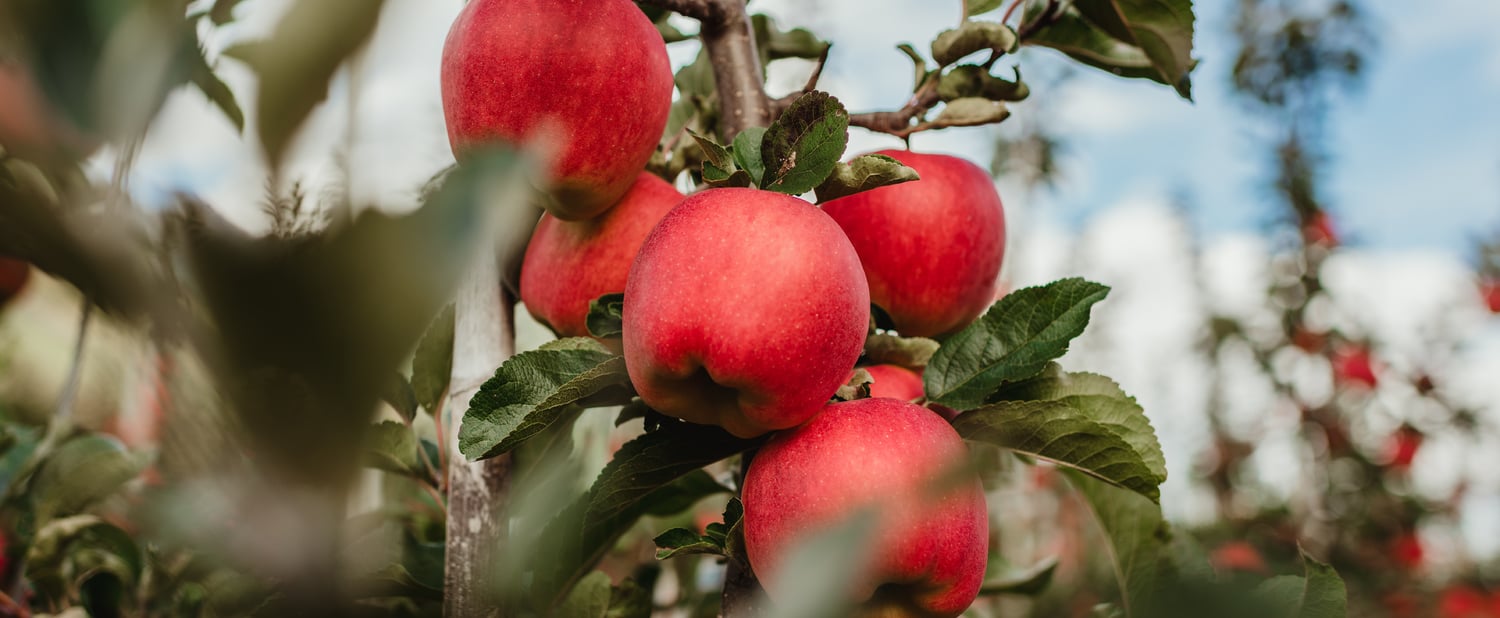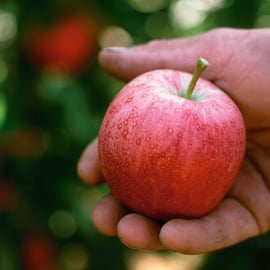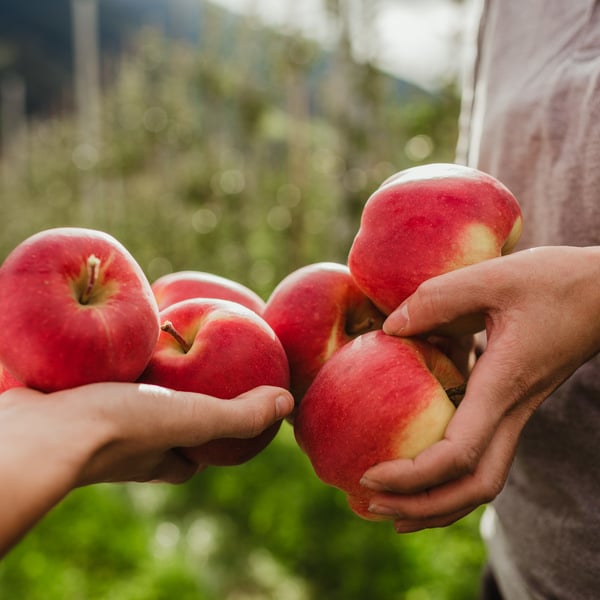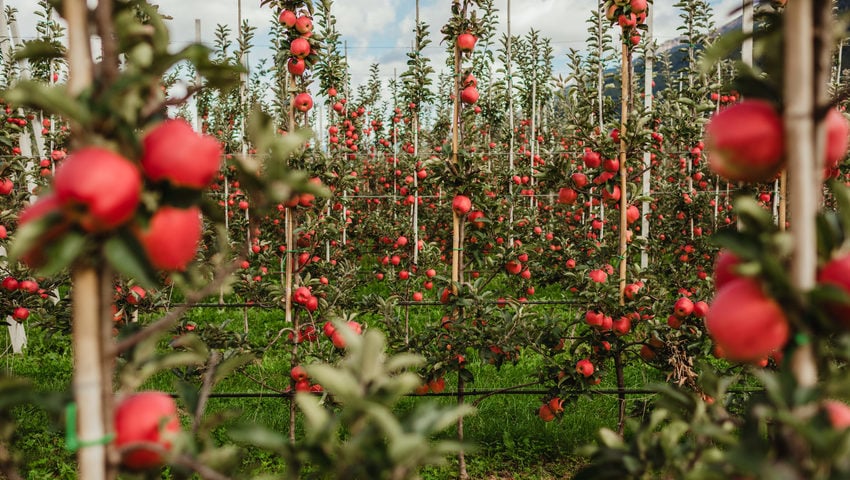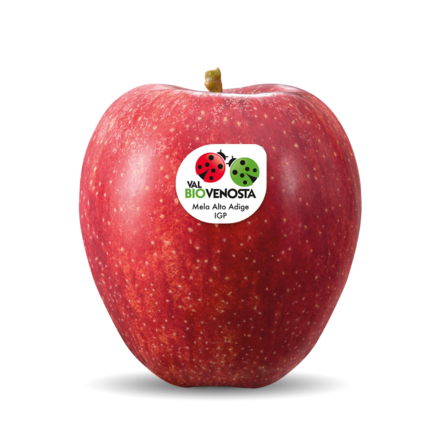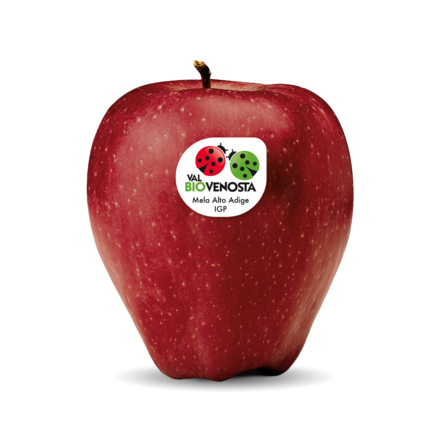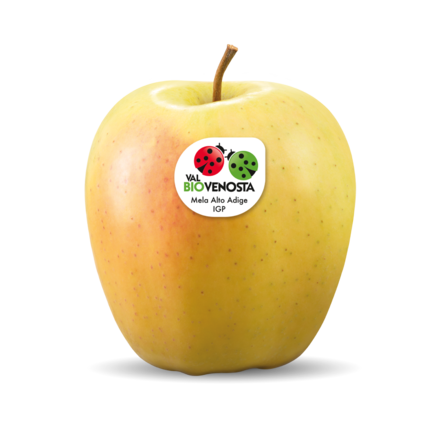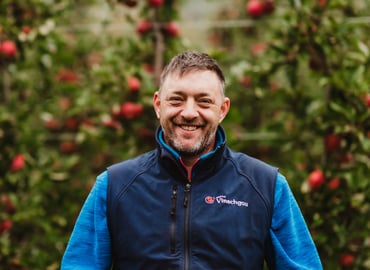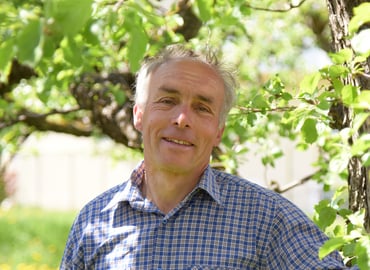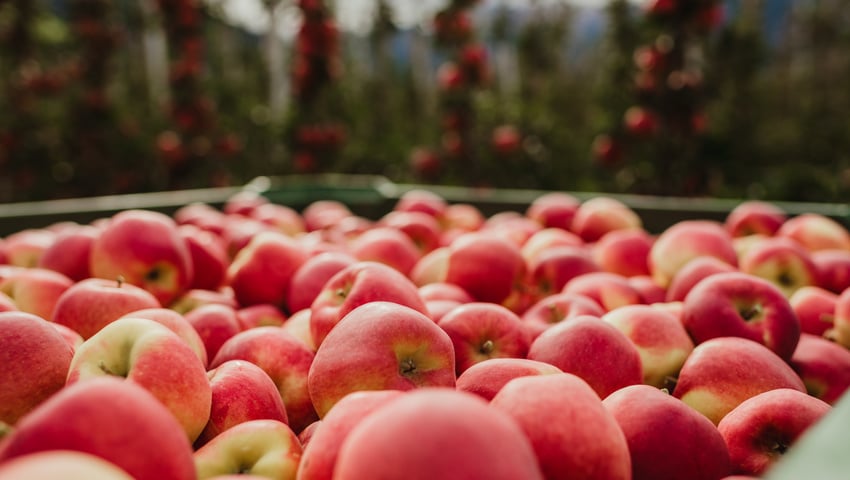
Mr. Patscheider, as a former manager of a fruit cooperative, you witnessed the beginnings of organic farming in South Tyrol. What were those early days like, and how has agriculture in Val Venosta valley developed since?
Organic farming in South Tyrol began in the early 1980s. Back then, the first farmers chose organic cultivation – partly for ideological reasons, and partly because producing organic apples offered small farms the chance to create additional financial value.
As the manager of a cooperative, I had the privilege of supporting the first pioneers and processing their produce until, over time, independent structures gradually developed. Over the past decades, agriculture has changed significantly: environmental awareness has grown, and nature-friendly farming has become more important.
I myself grew up in agriculture: as children, we already helped out in summer – not always voluntarily. As an adult, I enjoyed doing all the work, from thinning to harvesting. Later, my son converted our orchards to organic. Today, farmers are very mindful of careful cultivation and a conscious relationship with nature. At the same time, regulations have become stricter, and market demands have increased.
What do you see as the most important advantages of organic farming?
Organic farming makes an important contribution to a healthy environment and a healthy life. I’ve always tried to live healthily, and I’m convinced that a high-quality organic product brings many benefits for good nutrition.
How do Val Venosta’s location and climate influence apple quality?
The Val Venosta valley benefits from a range of altitudes. The higher the altitude, the firmer the apple’s flesh, which results in longer storage life and better keeping quality. Altitude also enhances coloring: for example, the golden-yellow hue and the characteristic red blush are typical of Golden Delicious apples from Val Venosta.
